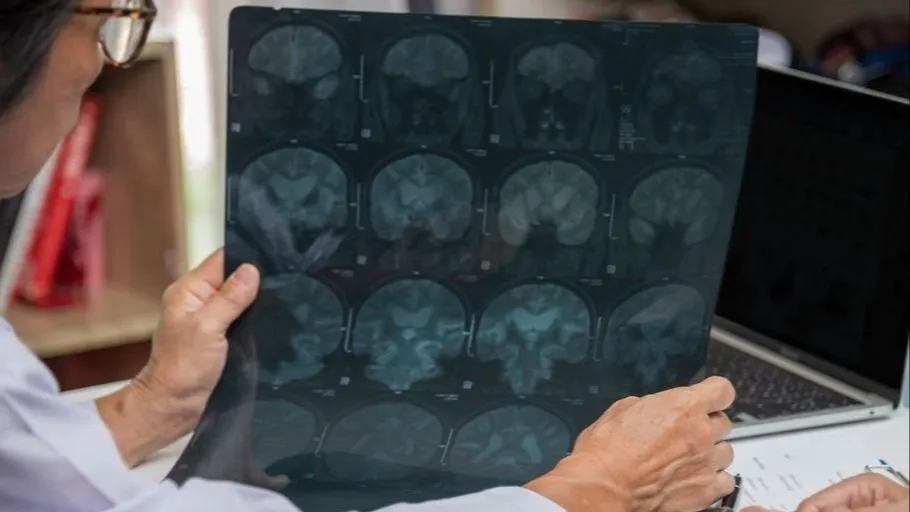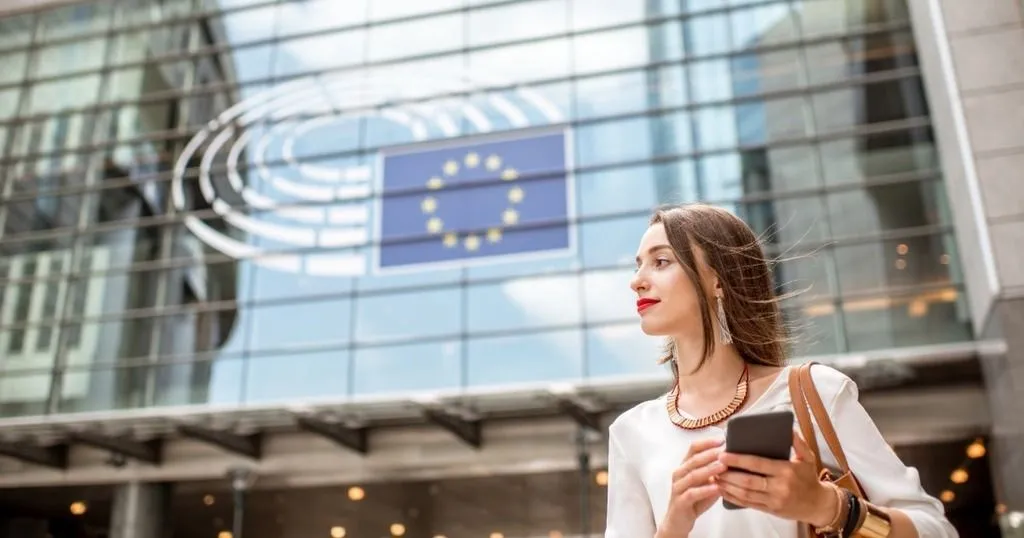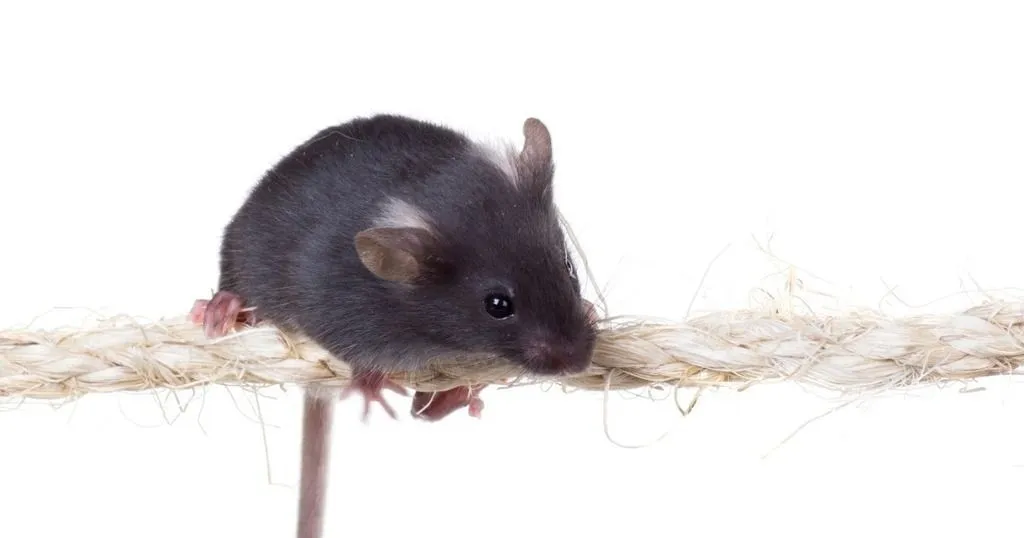Blog posts written by Jason Rogers

02 Dec
animal behavior research
Neuroscience
Understanding epilepsy through a new mouse model
A new Frontiers in Molecular Neuroscience publication, coauthored by Noldus’ Jason Rogers, examines whether a very small cortical disruption can generate epilepsy. The study sought to explore how focal changes shape both neural function and behavior.

04 Mar
human behavior research
Consumer
How does perception of brand authenticity affect ad performance?
For brands seeking to resonate with customers, being seen as authentic is vital. Using custom expressions in FaceReader, we explore how perception of brand authenticity relates to ad performance.

12 Jul
human behavior research
Emotion
AI and deep learning: Responsible use of facial expression analysis
The European Parliament adopted its negotiating position on the first-ever regulation of AI. In this blog post, we explore how to use facial expression analysis responsibly and how it can contribute to scientific research.

29 Jun
animal behavior research
Other (Animal)
CFI Exceptional Opportunities Fund – COVID-19
The Canada Foundation for Innovation (CFI) has issued an Exceptional Opportunities Fund (EOF) in the fight against the coronavirus SARS-CoV-2, known as COVID-19.

01 Jun
animal behavior research
Other (Animal)
Homology and analogy in behavioral neuroscience
The point of this blog is to encourage you, as researchers, to ‘double think’, which is to say think like a scientist and think like an animal.

25 May
animal behavior research
Research Methods
Noldus Grant Assistance Program launched in North America
Grant funding is the lifeblood of academic research. Is successful funding the best path to securing future funding?

18 Mar
human behavior research
Other (Human)
Working from home strategies
In the midst of an unprecedented global pandemic, many people find themselves in a particularly novel situation in the coming days and weeks: working from home.

02 Mar
human behavior research
Emotion
Saying Ouch Without Saying It: Measuring Painful Faces
What happens when we’re in pain, real physical pain, but we cannot tell someone where or how badly it hurts? We can look at the facial expression!

17 Feb
human behavior research
Emotion
For Pete’s Sake: Measuring Frustration
Within the field of human factors and usability, frustration poses an interesting challenge. It can be a barrier for learning. So how can we measure frustration in order to minimize it?

06 Sep
human behavior research
Psychology
Smile like you mean it
Of all human expressions, a smile is the most universal. But can you tell which smile is real and which is false?